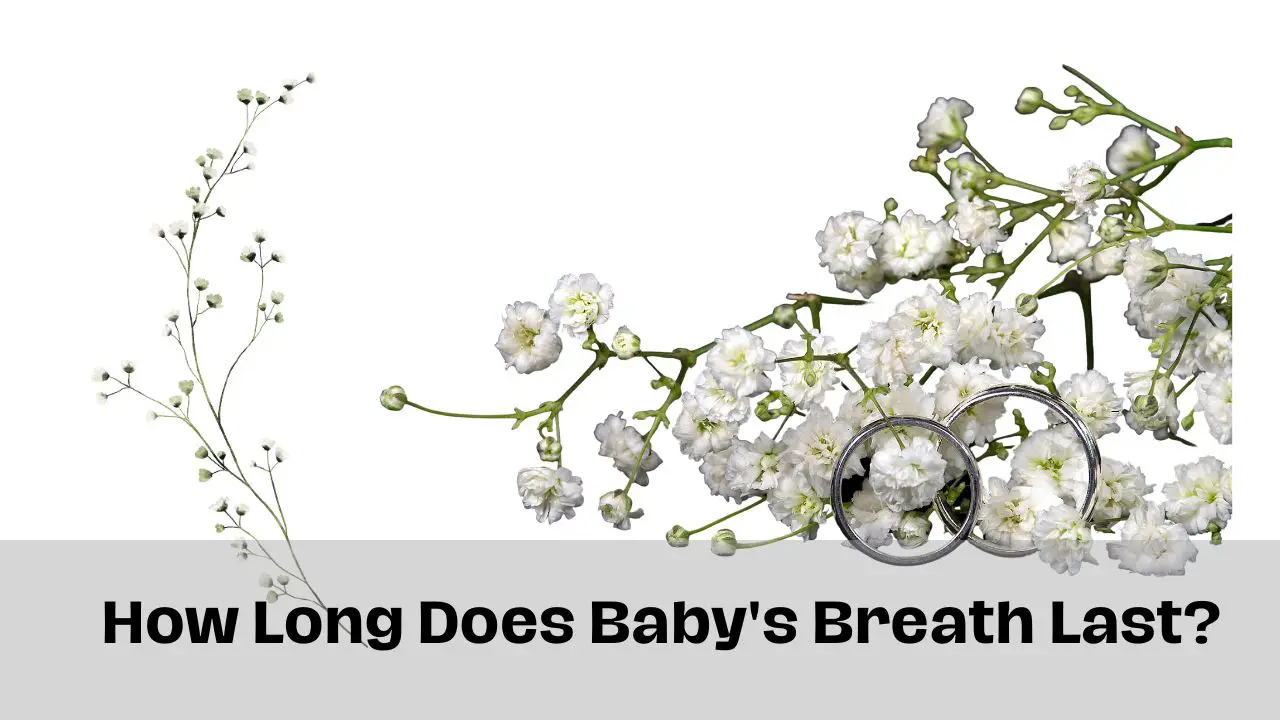Groundbreaking Research Offers Encouraging News for Individuals on the Path to Recovery
A recent scientific study has brought forth promising revelations for those grappling with alcohol abuse, indicating significant improvements in brain structure following a period of abstinence. The groundbreaking findings, published in the journal Alcohol, underscore the remarkable potential for recovery and may reshape our understanding of the brain’s resilience after prolonged alcohol cessation.
Unraveling the Impact: A Journey into Brain Recovery
Alcohol abuse remains a global concern with well-documented health implications, including cognitive impairment and structural brain changes. While past research hinted at potential brain recovery during abstinence, the extent of this rejuvenation remained elusive. The current study, led by Timothy C. Durazzo, a clinical neuropsychologist, and professor at Stanford University School of Medicine, delves into the intricate details of brain recovery during sobriety.
Author’s Insight: A First-of-Its-Kind Revelation
Addressing the gap in knowledge, Durazzo states, “Our study is the first to demonstrate significant recovery of cortical thickness in multiple regions in those seeking treatment for alcohol use disorder over approximately 6-7 months of abstinence after treatment.” The study focuses on cortical thickness, a key element in cognitive functions, offering a unique perspective on the brain’s structural recuperation.
Methodology: Analyzing Abstinence Through MRI
The researchers utilized magnetic resonance imaging (MRI) to scrutinize the brains of individuals undergoing treatment for alcohol use disorders. The 7.3-month abstinence period was marked by continuous analysis of changes in cortical thickness. Durazzo emphasizes the importance of studying cortical thickness, as it provides distinct insights into the brain’s recovery process.
Participant Overview: Mapping Recovery Across 34 Brain Regions
The study involved 88 participants with Alcohol Use Disorder (AUD) and 45 individuals without a history of alcohol abuse for comparison. The most encouraging revelation was the substantial linear recovery observed in cortical thickness across 26 out of 34 brain regions studied. This suggests a comprehensive ability of the brain to repair and regenerate its structure during sustained abstinence.
Influence of Alcohol Consumption and Cardiovascular Factors
Participants with higher alcohol consumption in the year before the study demonstrated varying recovery rates in specific regions, shedding light on the impact of alcohol intensity and duration. Moreover, individuals with cardiovascular risk factors experienced less recovery in certain regions, emphasizing the role of overall health in the brain’s healing process during abstinence.
Hopeful Insights: Implications for Treatment and Future Research
While the study offers hope, Durazzo emphasizes the need to effectively manage conditions that hinder recovery. He states, “It is extremely important to effectively treat and manage such conditions,” referring to cardiovascular risk factors. The findings open avenues for rethinking screening practices and treatment strategies for those on the path to recovery.
Limitations and Future Explorations: Navigating the Path Ahead
Acknowledging the study’s limitations, including a relatively small sample size, Durazzo points to the need for further exploration into the relationship between improvements in cortical thickness, psychiatric conditions, cognitive function, and quality of life measures.
As the scientific community absorbs these groundbreaking findings, the study provides a beacon of hope, emphasizing the remarkable journey of brain recovery during alcohol abstinence.



